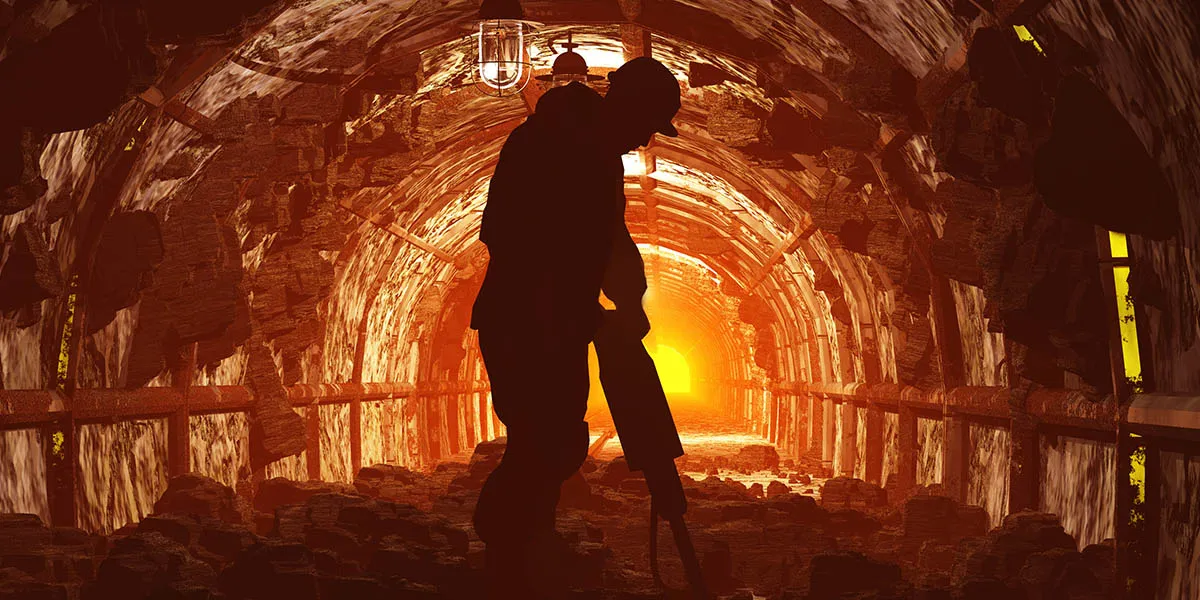When the federal Department of Finance recognized the challenges being faced by the junior mining industry in the wake of COVID-19, it proposed an extension of the current flow-through spending timelines of 12 months. Draft legislation and explanatory notes extending the timelines were announced mid-December 2020, providing support to struggling junior companies.
The proposed rules are welcome relief for junior resource companies who rely on investor support and have faced shutdowns throughout the pandemic. If legislated, they will provide much needed flexibility for companies facing looming flow-through spending deadlines.

What’s new
Flow-through shares are a widely used financing mechanism in the junior mining industry. They allow companies to pass on deductions to investors. This is a sweetener for the industry and attracts investors that may not otherwise support junior companies in need of capital.
Under the current rules, qualifying Canadian expenses may be renounced to shareholders under the general rule or the look-back rule.
General Rule
Qualifying resource companies are able to raise funds using flow-through shares and pass on their Canadian exploration expenses and development expenses (although much less common) to investors once the funds have been spent.
Under the current general rule, companies have 24 months from the date the flow-through share agreement is entered into to meet the spending commitment.
Under the proposed rules, companies would have 36 months to meet the spending commitment. This would apply to agreements under the general rule entered into after March 1, 2018 and before 2021.
Look-Back Rule
The benefit of the look-back rule to investors is that they receive the expense deduction in the year they make the investment, even though the company may not have spent the money. This is great for the investor, however if the company does not meet their spending commitment in a timely manner, the investor’s deduction may be reduced. Which could lead to their personal tax returns having to be amended and additional balances owing.
Under the current look-back rule, expenses are renounced to investors on December 31 following the flow-through share agreement date. The company then has 12 months from Dec 31 to incur the eligible expenses.
The cost to the company of using the look-back rule is an interest charge at the end of each month during the 12-month period on any unspent funds. As well, there is a penalty equal to 10 percent of any unspent amount at the end of the 12 months.
The draft legislation on the look-back rule proposes companies have 24 months starting after the year in which the flow-through share agreement is entered into, and expenses renounced to shareholders. As well, around interest on unspent amounts, the expenses would be treated as incurred up to one year earlier than the actual date incurred.
The rule change would apply to agreements entered in 2019 and 2020.
What's Next
On top of the deduction available to flow-through shareholders, there is a 15 percent non-refundable mineral exploration tax credit available to more specific investors who support grassroots surface exploration. This means a credit can be applied against federal tax owing. In the last federal budget (2019) this credit was extended to 2024.
In the past, Prospectors & Developers Association of Canada (PDAC) praised this credit as “maintaining investor interest in exploration during troubled times.” So, it makes sense that PDAC has included an ask in their 2021 pre-budget consultation submission to increase the credit to 30 percent in provinces and 40 percent in territories until 2024.
This is not the first time PDAC has made this suggestion; in 2015 when the junior exploration sector was also facing challenging economic conditions, PDAC requested an increase from 15 percent to 30 percent in their 2016 pre-budget consultation submission.
Will the federal government include this change in the next budget? We will have to wait and see. But the fact that the mining industry is top of mind in the COVID-19 economic response is positive.





